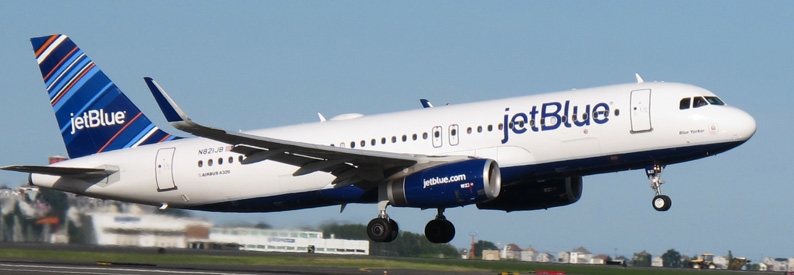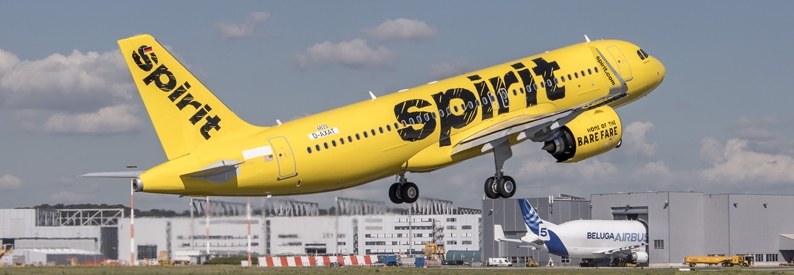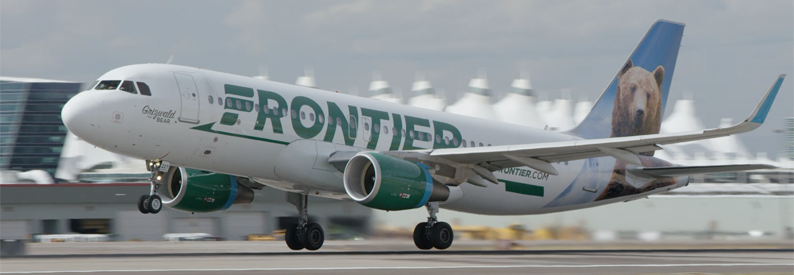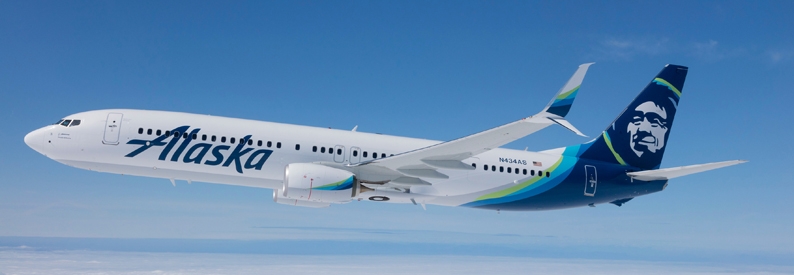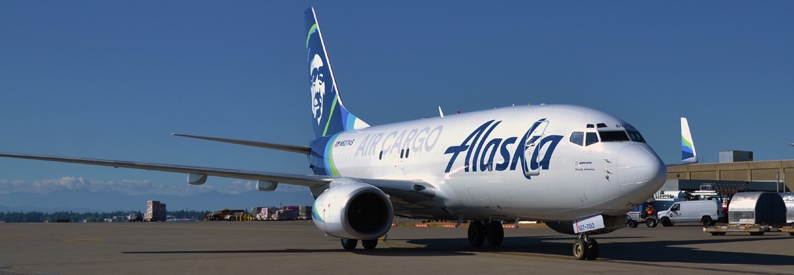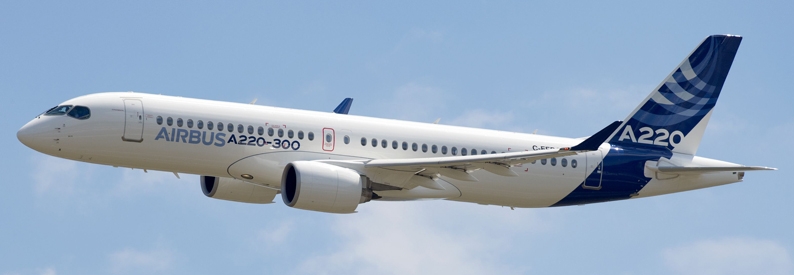Atlas Air, JetBlue Airways, Hawaiian Airlines, and FedEx Express have pledged their support for the ME3 carriers - Emirates, Etihad Airways, and Qatar Airways - in their ongoing quarrel with the US3 - US Airways, United Airlines, and Delta Air Lines - concerning the Gulf-based carriers' alleged state subsidization.
In a letter submitted to the US government on Monday, the quartet of carriers, collectively known as US Airlines for Open Skies (USAOS), backed maintaining the status-quo insofar as the terms and conditions of the US' Open Skies agreements with the United Arab Emirates (UAE) and Qatar are concerned. In contrast, the US3 have been lobbying Washington to amend and restrict the agreements claiming the ME3 have benefited from USD42 billion in Emirati and Qatari government subsidies and unfair benefits in direct violation of US Open Skies policy.
"We believe these Gulf airlines are playing from the higher side of an uneven playing field, posing a serious threat to American jobs and the long-term viability of our nation's carriers," Capt. Keith Wilson, president of the Allied Pilots Association, said in March.
However, in their letter, the USAOS, along with Alaska Airlines (AS, Seattle Tacoma International) and various travel and hospitality conglomerates, argued that the US3's motive to change the treaties was driven by self-interest and that any changes would ultimately have a knock-on effect to the US economy as a whole.
"We urge you to consider the full impact on the US economy before adopting a policy that would restrict competition and reduce flights to and from the United States," they stated.
Aside from tourism and aircraft orders for Boeing (BOE, Washington National), the group also argues that 5th and 7th Freedom rights acquired through Open Skies have greatly benefited the US cargo carrier and export sector in general.
"Those networks depend on the favorable rights, including fifth and seventh freedoms, which U.S. negotiators have achieved through Open Skies," they said. "U.S. legacy carriers are now challenging those very freedoms, and by implication, the success and connectivity of U.S. all-cargo carriers, by calling for renegotiation of the agreements with the UAE and Qatar."
jetBlue argues that 'smaller' carriers have also benefited from the ME3 through codeshare agreements that allow passengers to travel through to ancillary markets.
According to the USAOS, any move to amend the United States's Open Skies treaties with the Gulf states to the detriment of relations between the two sides may also impact counterterrorism and national security initiatives while jeopardizing future Open Skies agreements with other countries such as Mexico and South Africa.
"The unilateral actions demanded by the Big 3 likely would provoke retaliation by the UAE and Qatar, encourage other Open Skies partners to take restrictive actions, deter countries from entering into Open Skies agreements with the United States, and raise questions about the United States’ commitment to the Open Skies regime," they said.
Across the Atlantic, Bloomberg news says Air France-KLM Royal Dutch Airlines CEO Alexandre de Juniac last month asked European Union Transport Commissioner Violeta Bulc to consider ending the airline sector's exemption from World Trade Organization (WTO) rules and regulations. He reportedly called for the state subsidization of airlines to be governed by the same World Trade Organization (WTO) used in other industries.
Emirates president Timothy Clarke has, however, rejected the move claiming the clause had been put in place at the behest of US carriers which, given a rule change, would face both curbs and competition from foreign operators in their domestic market.

